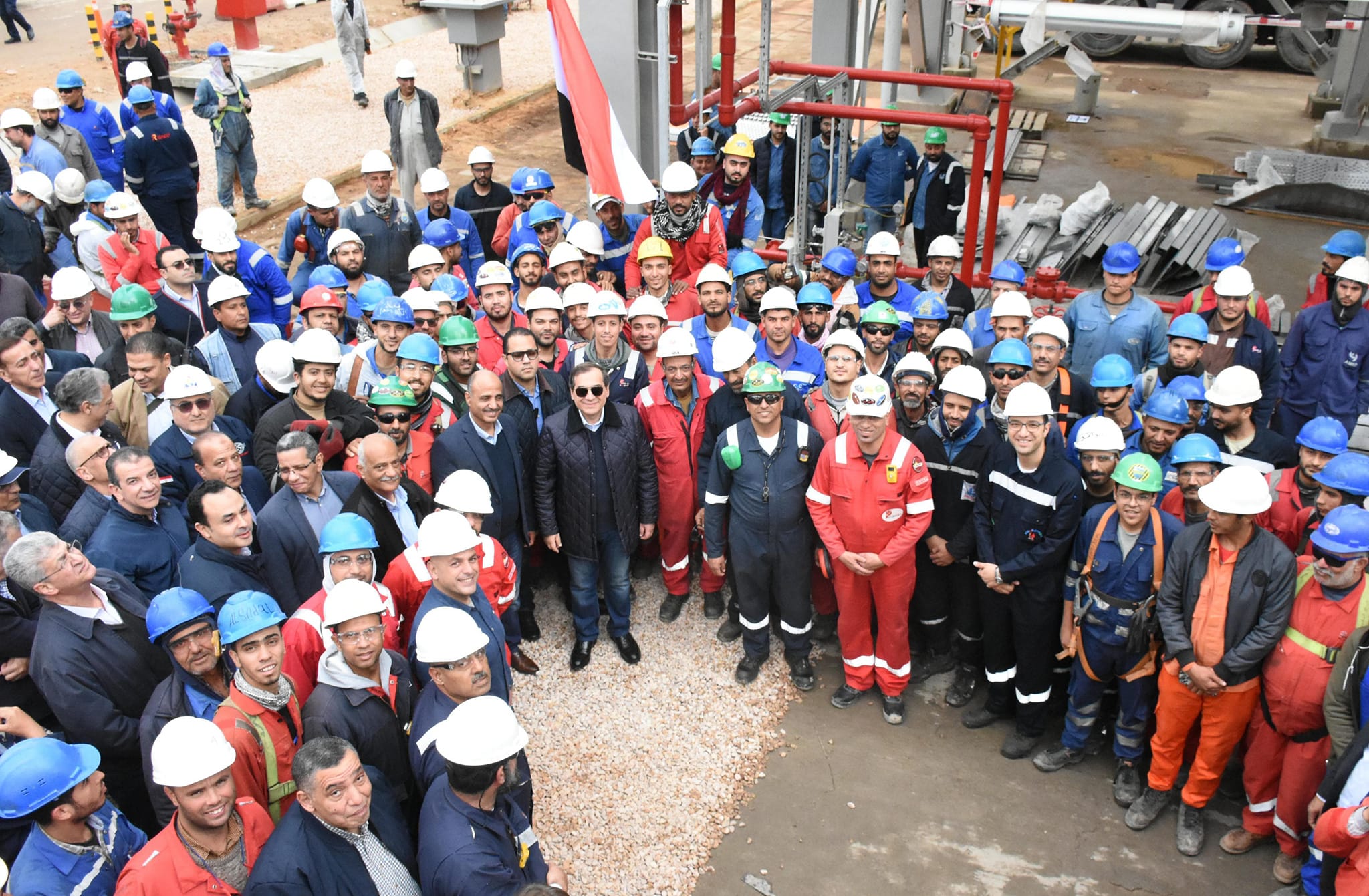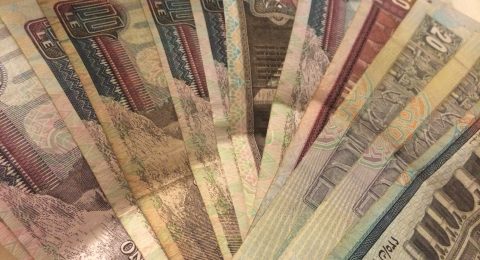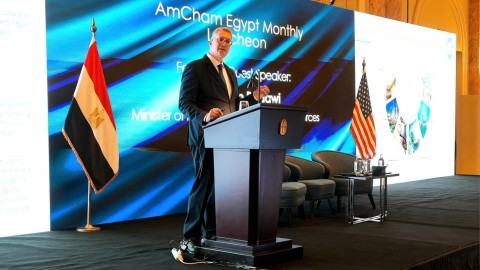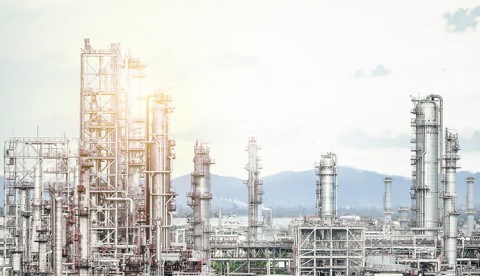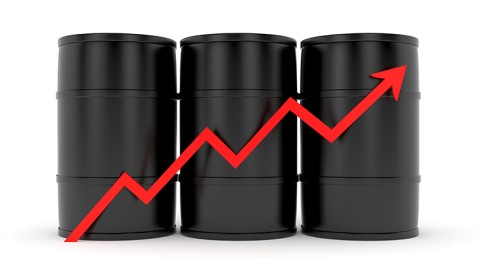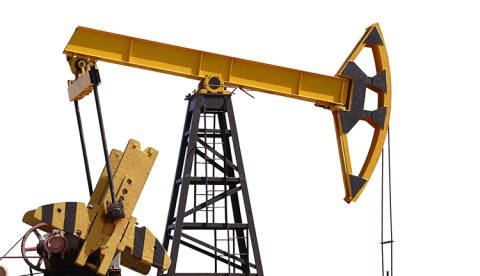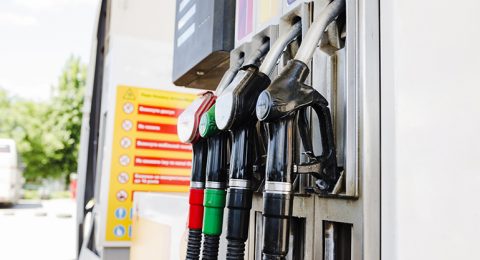Minister of Petroleum and Mineral Resources Tarek El Molla has inspected the expansion project of the MIDOR oil refinery to follow up on the progress of work in completing the final stages and trial operation of the production units in the project.
El Molla highlighted the importance of accelerating entry into the final operation phase and completing the final stages according to the timetable.
The minister confirmed that this project is one of the largest projects being implemented in the Egyptian economy, not just in the oil and gas sector, and whose great economic returns will be felt upon completion of implementation by increasing local production of petroleum products, reducing their import costs, and providing foreign income.
El Molla pointed out that implementing the project with Egyptian competencies and using a local component in a large part of the project units has a positive impact in terms of reducing the implementation costs for this type of project compared to many countries in the world that do not have these components.
After the tour, the Minister held a meeting to follow up on the executive position to complete the operation of the production units, where he listened to a presentation from Salah Gaber, MIDOR’s Chairman.
Gaber reviewed the operational readiness status of the new production units in the project. He explained that a large number of project units had recently entered the trial operation phase, including the new diesel processing unit to produce diesel according to Euro5 specifications. This in addition to the operation of all facilities and facilities of the expansion project.
Additionally, Gaber pointed to the status of the ongoing work in the remaining units in order to complete their readiness for trial operation according to the targeted timetable The project contributes to raising the refining capacity of MIDOR to 160,000 barrels per day, an increase of 60%.
Gaber further reviewed the efforts that contributed to the successful completion of the rehabilitation of all existing units in the Midor refinery.
The project’s investment cost amounted to $2.7 billion, and it provides high-quality petroleum products in quantities amounting to 3 million tons annually, primarily diesel according to European specifications, high-octane gasoline, jet fuel, butane and sulfur.
